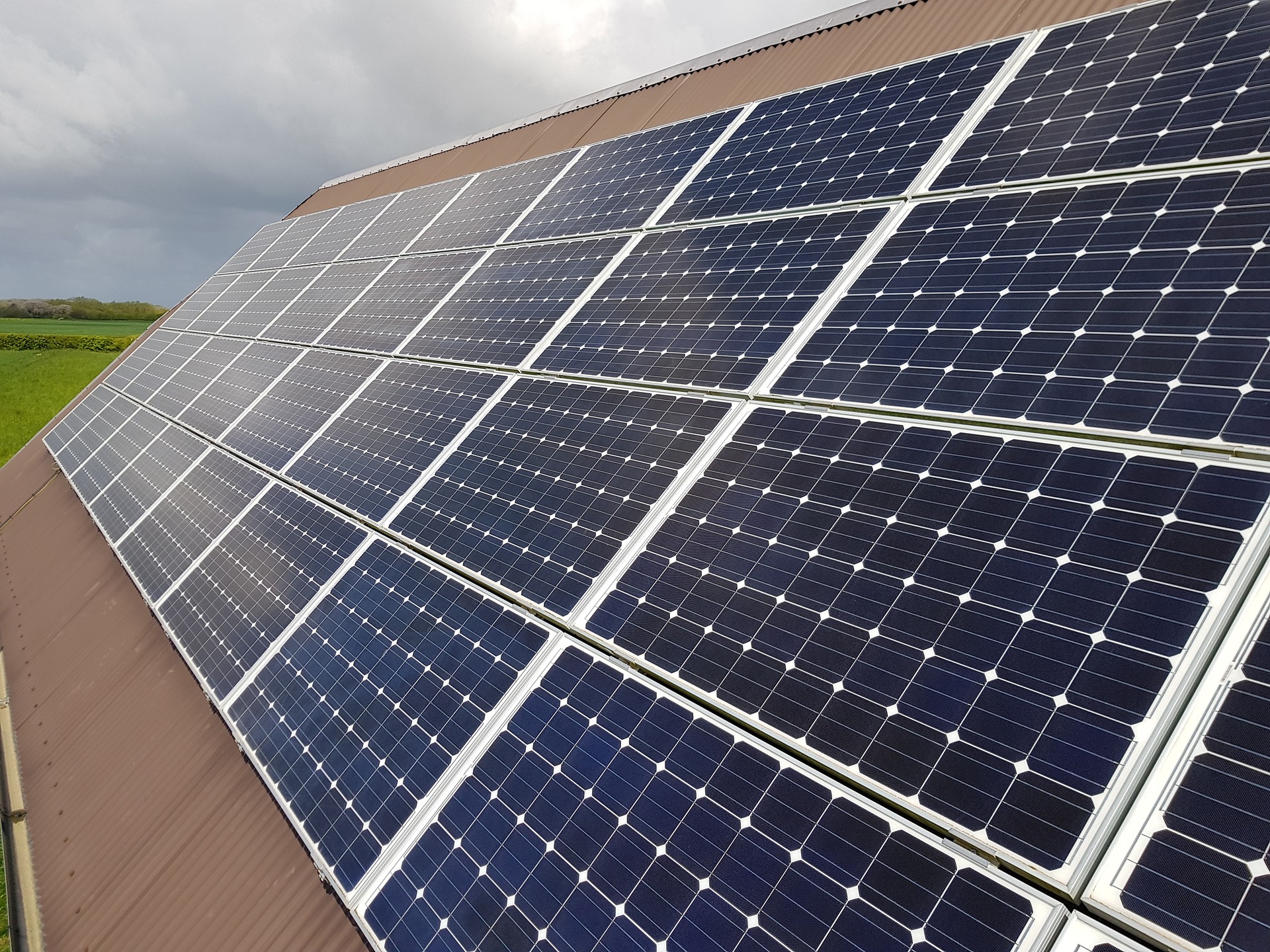2025 Guide: Slash UK Heating Costs with Efficient Heat Pumps
Discover how UK homeowners can dramatically reduce energy bills and boost comfort in 2025 with cutting-edge heat pump technology. This comprehensive guide explores the latest advancements, cost factors, available incentives, and essential considerations for choosing the perfect energy-efficient heating solution for your home. Learn how to navigate the market, maximize savings, and contribute to a greener future.

Heat pumps are rapidly transforming the way UK households approach home heating. Unlike conventional boilers that burn fossil fuels, heat pumps extract warmth from the air, ground, or water sources and transfer it indoors. This process requires electricity but can deliver three to four times more heat energy than the electrical energy consumed, making them remarkably efficient. With the UK government committed to reducing carbon emissions and phasing out gas boilers in new builds, heat pumps are positioned to play a central role in the nation’s energy transition.
The Rise of Heat Pump Technology in UK Homes
Heat pump adoption in the UK has accelerated significantly over recent years. Air source heat pumps, which extract warmth from outdoor air, are the most common type due to their relatively straightforward installation. Ground source heat pumps, though more expensive to install, offer even greater efficiency by tapping into the stable temperatures found below the earth’s surface. Both systems work effectively in the UK climate, even during colder months, though their performance varies depending on insulation quality and property size. Modern heat pumps are designed to operate efficiently in temperatures well below freezing, dispelling earlier concerns about their suitability for British winters. The technology has matured considerably, with manufacturers offering quieter, more compact units that integrate seamlessly with existing radiator systems or underfloor heating.
Decoding Heat Pump Costs in 2025
Understanding the financial commitment involved in switching to a heat pump is essential for homeowners considering this upgrade. The total cost encompasses the unit itself, installation, and any necessary modifications to your heating system or property insulation. Air source heat pumps typically range from £7,000 to £13,000 installed, while ground source systems can cost between £20,000 and £35,000 due to the excavation work required. These figures can vary based on property size, system capacity, and regional labour rates. Running costs depend on electricity prices and how efficiently your home retains heat. A well-insulated property with a properly sized heat pump can expect annual running costs comparable to or lower than gas boilers, particularly as electricity becomes greener and gas prices remain volatile. However, homes with poor insulation may not achieve the same savings without additional investment in energy efficiency measures.
| System Type | Installation Cost Range | Annual Running Cost Estimate | Efficiency Rating (COP) |
|---|---|---|---|
| Air Source Heat Pump | £7,000 - £13,000 | £800 - £1,400 | 2.5 - 3.5 |
| Ground Source Heat Pump | £20,000 - £35,000 | £700 - £1,200 | 3.5 - 4.5 |
| Gas Boiler (comparison) | £2,000 - £4,000 | £900 - £1,500 | 0.85 - 0.95 |
Prices, rates, or cost estimates mentioned in this article are based on the latest available information but may change over time. Independent research is advised before making financial decisions.
2025 Financial Incentives: Making Heat Pumps More Accessible
The UK government offers several schemes designed to reduce the upfront cost barrier associated with heat pump installation. The Boiler Upgrade Scheme provides grants of £7,500 for air source heat pumps and £7,500 for ground source heat pumps, significantly offsetting initial expenses. This scheme is available to homeowners in England and Wales, with similar support structures in Scotland and Northern Ireland. Eligibility typically requires an Energy Performance Certificate and confirmation that your property meets minimum insulation standards. Some local authorities and energy suppliers also offer additional incentives or interest-free loans to encourage the transition to low-carbon heating. These financial supports make heat pumps increasingly competitive with traditional heating systems when considering the total cost of ownership over their 20 to 25-year lifespan. It is advisable to check current availability and criteria, as government schemes can evolve with policy changes.
The 2025 Verdict: A Smart Investment for UK Homes
Whether a heat pump represents a smart investment depends on several factors unique to each household. Properties with good insulation, larger radiators or underfloor heating, and homeowners planning to stay long-term typically see the greatest benefits. The environmental advantages are clear: heat pumps can reduce household carbon emissions by up to 50 percent compared to gas boilers, contributing meaningfully to climate goals. Financially, the combination of government grants, lower running costs, and rising gas prices strengthens the case for switching. However, homes requiring extensive insulation upgrades or radiator replacements may face higher total costs that extend the payback period. Heat pumps also require more space than conventional boilers and may need planning permission in certain locations. Consulting with accredited installers who can assess your property and provide tailored recommendations is essential before committing to this investment.
In Conclusion
Heat pumps offer UK homeowners a viable pathway to reducing heating costs while supporting national climate objectives. The technology has matured to suit British conditions, and financial incentives in 2025 make adoption more accessible than ever. While upfront costs remain higher than traditional boilers, the combination of grants, efficiency gains, and long-term savings creates a compelling proposition for many households. Success depends on matching the right system to your property’s characteristics and ensuring adequate insulation. As energy markets evolve and decarbonisation efforts intensify, heat pumps are likely to become an increasingly standard feature of UK homes, delivering comfort, savings, and sustainability for years to come.




